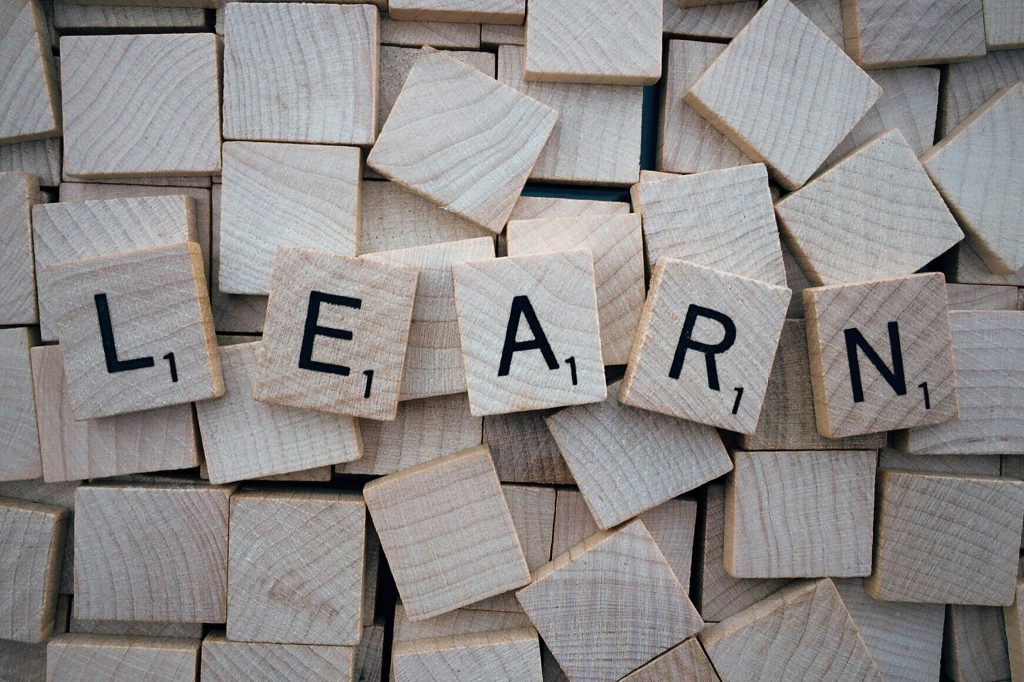In today’s rapidly changing world, the ability to learn continuously isn’t optional—it’s essential. This article explores how ai-powered microlearning is transforming how we acquire skills, stay adaptable, and support lifelong learning in 2025.

Why Lifelong Learning Needs ai-powered microlearning
The concept of lifelong learning has taken center stage across workplaces and industries. As Zerodha co-founder Nikhil Kamath recently pointed out, traditional four-year degrees are becoming less relevant; lifelong learning will be the most critical skill in the future job market. Still, as Stanford expert Robert E. Siegel notes, lifelong learning alone is not enough—we also need human-centric skills like empathy, adaptability, and critical thinking to thrive in an AI-dominated workforce.
This shift is accelerated by AI’s disruption of roles globally. The IMF calculates that up to 40% of jobs worldwide will be affected by AI, driving a demand for continuous, flexible learning approaches.
To meet this challenge, learners—professionals and organizations alike—are adopting ai-powered microlearning, combining short, focused bursts of learning with AI’s personalization capabilities.
What Makes ai-powered microlearning So Effective
1. Bite-Sized Learning, Bigger Retention
Microlearning breaks complicated subjects into short, focused modules. Studies show it can improve knowledge retention by as much as 70%. When microlearning is paired with AI, each module can adapt dynamically to your pace and preferences, making learning both efficient and effective.
2. AI Personalization at Scale
Generative AI is changing the learning landscape. It enables:
- Customized learning paths, automatically aligning course content to gaps in knowledge.
- Interactive simulations and instant feedback, making learning immersive and adaptive.
This approach places the learner firmly at the center of their own lifelong learning journey.
3. Human-Centric Skills Remain Vital
AI handles tasks—but human traits like adaptability, emotional intelligence, and critical thinking remain irreplaceable. These “human skills” are central to surviving and thriving in an AI future, according to Siegel. Similarly, Australian research emphasizes digital literacy and resilience through vocational education and short AI-focused courses.
4. L&D Trends Favor Continuous, Agile Models
The latest Learning & Development (L&D) research shows that trends like upskilling/reskilling, continuous learning, and AI-driven experiences are driving the future of training in 2025. These trends form a framework supporting lifelong learning through agile, AI-enhanced microlearning systems.
How to Build Your Lifelong Learning Skills with ai-powered microlearning
Here’s a practical, step-by-step guide that’s both reader-friendly and actionable:
1. Identify Your Learning Priorities
- Define what you need to master—AI literacy, adaptability, human-centric soft skills like emotional intelligence.
- Select goals that align with emerging demands; for instance, AI isn’t replacing skills—it’s complementing them.
2. Choose or Build an AI-Enhanced Microlearning Platform
Look for features like:
- Personalized content streams tailored to your goals.
- Adaptive learning paths that adjust based on your progress.
- Engaging simulations or scenarios with feedback loops.
Organizations are using platforms like ODILO to build personalized, analytics-driven lifelong learning experiences.
3. Create Learning Routines That Stick
- Schedule daily micro-modules (5–15 minutes).
- Mix subject types: tech skills, soft skills, digital ethics.
- Use reminders or habit-tracking tools to stay consistent.
4. Blend AI Modules with Real-World Practice
Pair your microlearning with real or simulated tasks:
- Use hackathons or challenge-based learning to practice soft skills in live context.
- Reflect on performance and adapt your learning goals accordingly.
5. Reflect, Adjust, Repeat
- After each learning sprint, reflect on your progress.
- Adapt future microlearning paths based on responses, outcomes, or new interests.
- This mirrors the adaptive learning model seen in medical education (Master Adaptive Learner)—a system promoting continuous self-regulation and reflection.
Why This Approach Works for Lifelong Learning
| Key Benefit | Description |
|---|---|
| Retention + Adaptability | Microlearning boosts retention; AI personalizes to how you learn. |
| Scalable and Efficient | Learn across subjects in short bursts—increasing both breadth and depth. |
| Focused on Human Skills | Emphasizes adaptability, reflection, emotional intelligence. |
| Future-Ready | Positions you to stay employable amid AI-driven disruptions. |
Conclusion
The emerging trend of ai-powered microlearning is more than an educational fad—it’s a foundational strategy for building lifelong learning skills that matter in 2025 and beyond. It combines efficient learning formats with AI’s personalization, while keeping human strengths at the core.
By integrating short, AI-adaptive modules into your routine, focusing on human-centric skill development, and combining reflection with practical experience, you’ll develop a nimble, resilient learning mindset. This is what it means to learn for life.
References
- Times of India. Zerodha co-founder Nikhil Kamath warns days of 4-year college courses are over; only one skill will matter in job market in 10 years. (2025). Retrieved from: https://timesofindia.indiatimes.com/technology/tech-news/zerodha-co-founder-nikhil-kamath-warns-days-of-4-year-college-courses-are-over-only-one-skill-will-matter-in-job-market-in-10-years/articleshow/122138667.cms
- Economic Times. Nikhil Kamath’s lifelong learning advice is only step one; Stanford expert shares the key skills needed to survive the AI takeover. (2025). Retrieved from: https://economictimes.indiatimes.com/magazines/panache/nikhil-kamaths-lifelong-learning-advice-is-only-step-one-stanford-expert-shares-the-key-skills-needed-to-survive-the-ai-takeover/articleshow/122114543.cms
- El País. Qué es la revolución del lifelong learning. (2025). Retrieved from: https://elpais.com/sociedad/2025-07-01/que-es-la-revolucion-del-lifelong-learning.html









